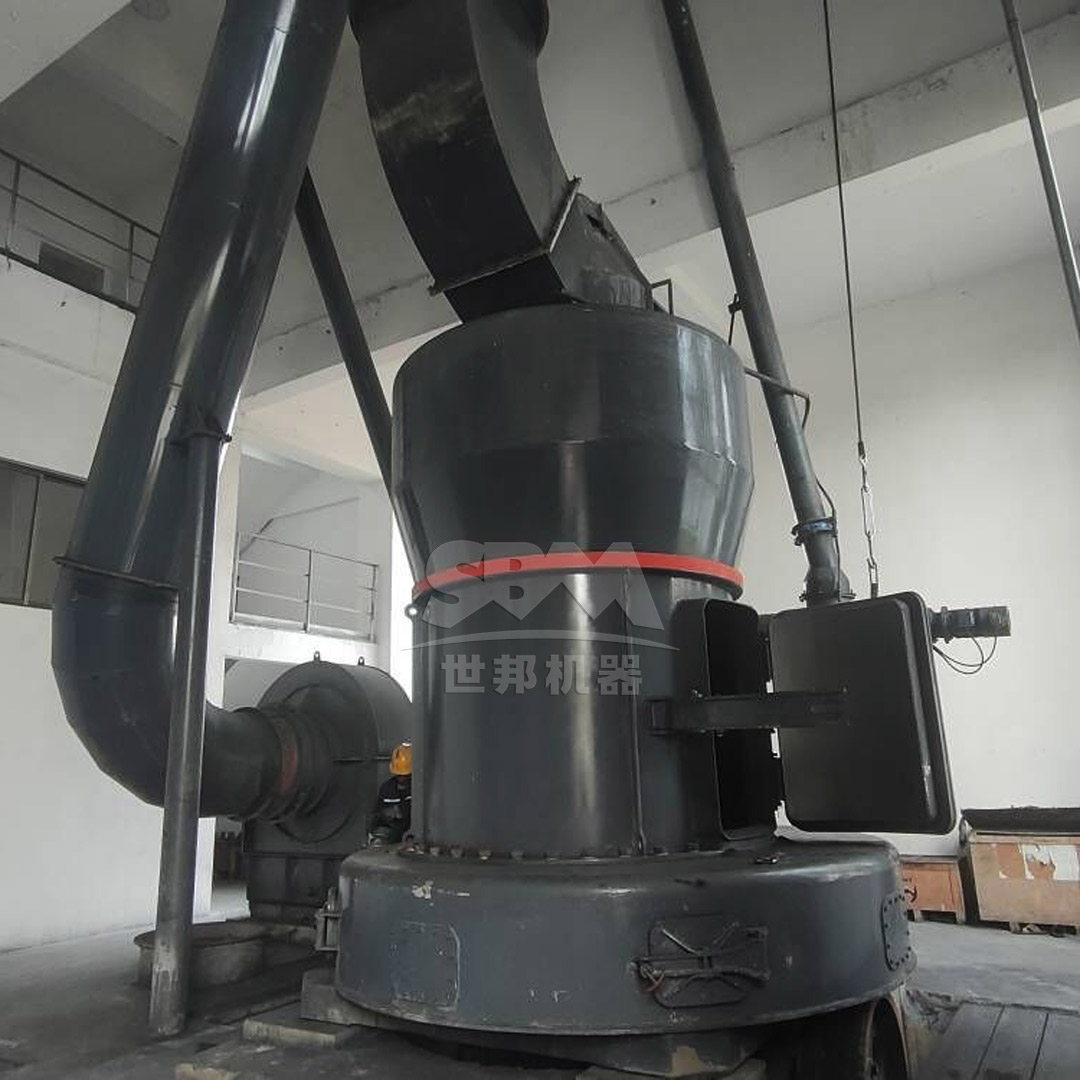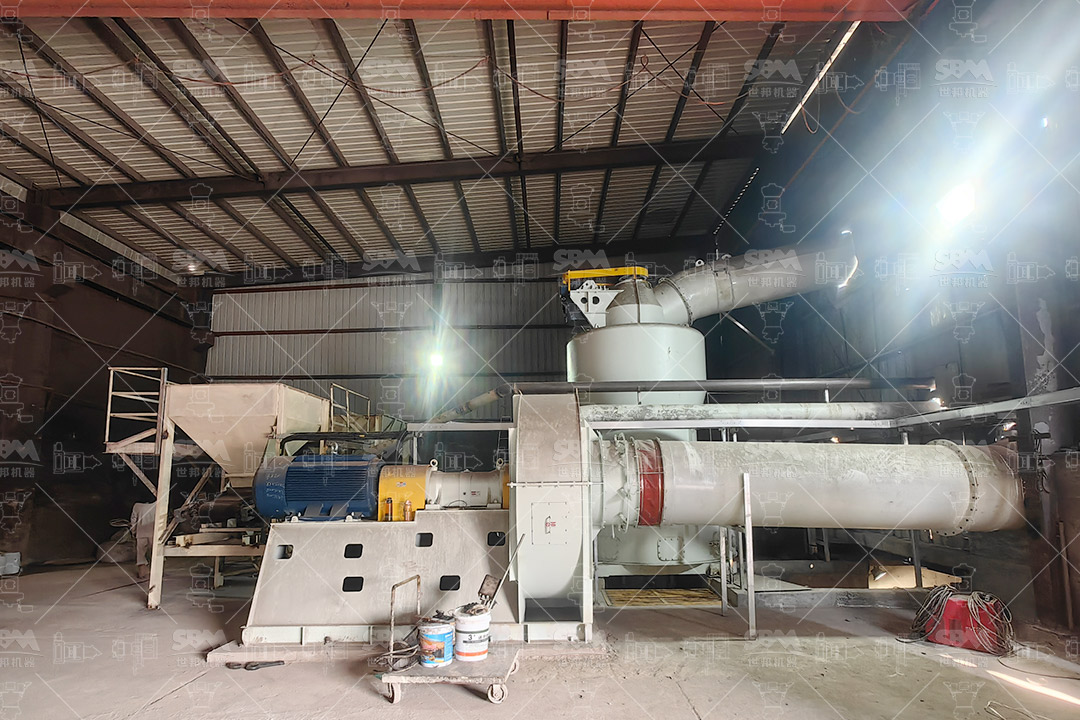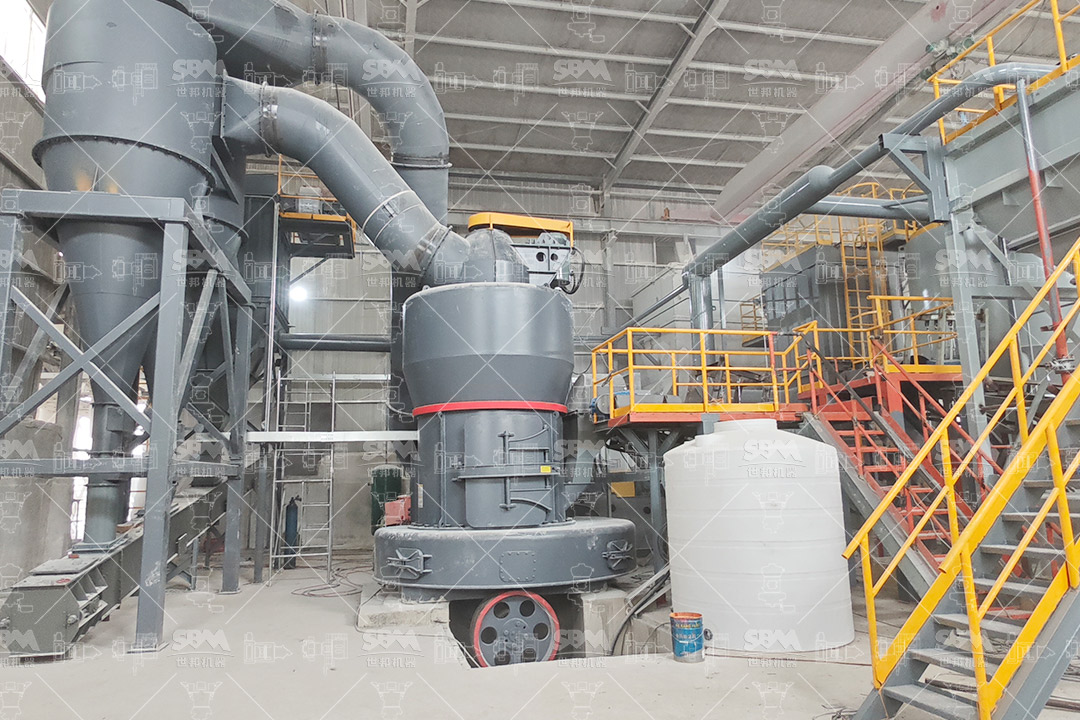The efficiency of industrial fuel production, particularly in sectors like power generation and cement manufacturing, is intrinsically linked to the quality of pulverized coal. The process of coal milling—reducing raw coal to a fine powder—is not merely a preparatory step but a core operation that dictates combustion efficiency, energy output, and environmental compliance. The fineness, moisture content, and particle size distribution of the coal powder directly influence the burn rate and completeness of combustion, impacting everything from fuel consumption to emissions. Selecting the appropriate milling technology is, therefore, a strategic decision that balances throughput, energy consumption, particle size control, and operational costs. This guide delves into the technological considerations for optimizing this process and highlights advanced equipment solutions that set new industry standards.

Coal milling is a multi-stage process that begins with the primary crushing of mined coal to a manageable size, typically below 50mm. This is often achieved using robust equipment like Hammer Crushers, which are engineered for high-capacity, high-reduction ratio size reduction of brittle materials. Following primary crushing, the pre-crushed coal is fed into the mill for fine grinding. The target final fineness is measured by the percentage of material passing through a 200-mesh screen (74 microns) or, for advanced processes, even finer. The choice of grinding mill depends on the required product specification, the hardness and abrasiveness of the coal, and the desired production capacity.
| KPI | Description | Target Value |
|---|---|---|
| Grinding Efficiency (kWh/t) | Energy consumed per ton of product | Minimized |
| Product Fineness (R0.08mm) | Residue on 80-micron sieve | 5-20% (adjustable) |
| System Availability | Uptime percentage | > 95% |
| Wear Part Consumption | Cost of grinding elements per ton | Minimized |
The evolution of milling technology has moved beyond traditional ball mills to more efficient, specialized systems. Vertical Roller Mills (VRMs) have become the industry benchmark for large-scale coal grinding due to their superior energy efficiency and drying capabilities. These mills utilize a bed-compaction principle where rollers hydraulically press against a rotating grinding table, crushing the coal. Integrated dynamic classifiers immediately separate fine particles, which are carried away by an air stream, while coarse material falls back for further grinding. This closed-loop system ensures precise particle size control and high thermal efficiency, especially when utilizing waste heat gases for drying.

While ball mills are a proven technology, their specific energy consumption is significantly higher than VRMs. Ball mills operate by tumbling steel balls inside a rotating cylinder, relying on impact and attrition. This method is less efficient, generates more heat and noise, and offers less precise control over product fineness. In contrast, VRMs offer 30-50% lower energy consumption, better drying performance, smaller footprint, and lower noise levels, making them the preferred choice for modern industrial fuel preparation plants.
For operations prioritizing reliability, efficiency, and precise control, the LM Series Vertical Coal Mill represents a pinnacle of design. This mill is engineered specifically for the grinding of coal used in pulverized coal injection (PCI) systems for blast furnaces and kiln firing in cement plants. Its集约化设计 (Intensive Design) integrates crushing, grinding, drying, and classifying into a single unit, reducing the plant footprint by 50% and slashing civil engineering costs by 40%. A key feature is its low operating cost, achieved through a non-contact grinding design that triples the service life of wear parts like rollers and grinding tables compared to traditional mills. Furthermore, its energy consumption is 30-40% lower than ball mill systems, offering substantial savings on the plant’s largest operational expense.
| Model | Grinding Table Diameter (mm) | Capacity (t/h) | Main Motor Power (kW) | Coal Fineness (R0.08mm) |
|---|---|---|---|---|
| LM130M | 1300 | 10-17 | 185 | 5-20% |
| LM170M | 1700 | 20-30 | 315 | 5-20% |
| LM190M | 1900 | 26-40 | 400 | 5-20% |
| LM220M | 2200 | 35-50 | 500 | 5-20% |
The mill’s operation is overseen by an expert-level automatic control system that supports remote operation and provides real-time monitoring of all critical parameters, minimizing the need for manual intervention and ensuring consistent product quality. From an environmental standpoint, the LM mill operates under full-seal negative pressure, guaranteeing dust emissions remain below 20mg/m³, while its integrated design ensures operating noise is controlled to ≤80dB(A).

For specialized applications requiring extremely fine coal powder (e.g., for advanced combustion technologies or as a filler material), the SCM Series Ultrafine Mill is the equipment of choice. This mill excels in producing powders with a fineness range of 325-2500 mesh (D97 ≤5μm) from feed material up to 20mm in size. Its core advantage lies in its remarkable efficiency; it delivers twice the capacity of jet mills while reducing energy consumption by 30%. This is made possible by its intelligent control system, which features automatic feedback on finished product size to maintain precise quality control.
The heart of its precision is a vertical turbine classifier that ensures accurate particle size cuts, eliminating any coarse powder contamination and guaranteeing a uniform, high-quality product. Designed for durability, the SCM mill features special material rollers and grinding rings that extend service life multiple times over, and a bearingless screw grinding chamber that ensures stable, vibration-free operation. It also meets the highest environmental standards with a pulse dust collection system that exceeds international efficiency norms and a soundproof room design that keeps noise levels below 75dB.
Optimizing industrial fuel production is an ongoing process of technological refinement. The selection of coal milling equipment is a cornerstone of this optimization, directly impacting operational expenditure, product quality, and environmental footprint. While traditional mills like ball mills have their place, the future lies in adopting advanced, integrated solutions like Vertical Roller Mills for mainstream high-capacity applications and Ultrafine Mills for specialized, high-precision needs. Investing in such technology, exemplified by the robust LM Series Vertical Coal Mill and the precise SCM Ultrafine Mill, is not merely a capital expense but a strategic move towards sustainable, efficient, and profitable industrial production. By leveraging these advanced systems, operators can ensure their fuel preparation processes are reliable, cost-effective, and ready to meet the stringent demands of modern industry.